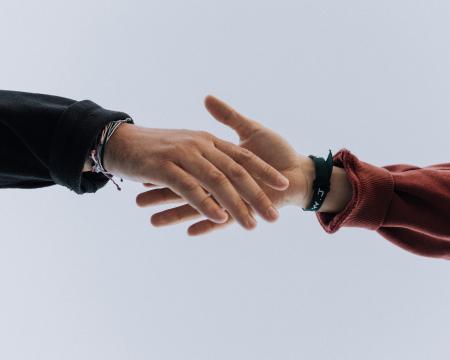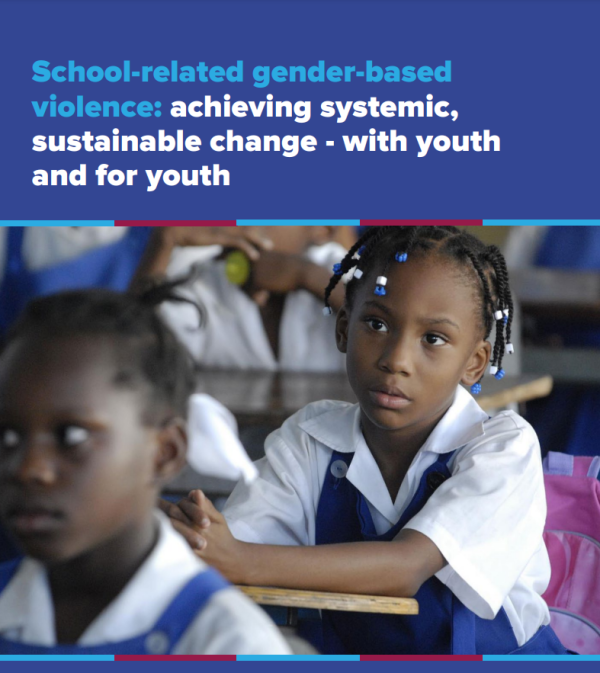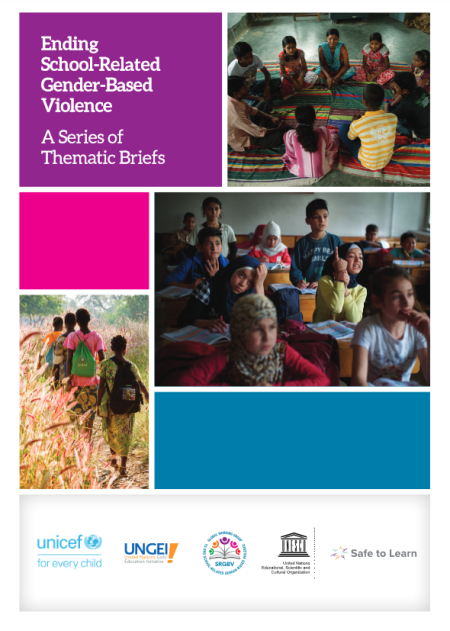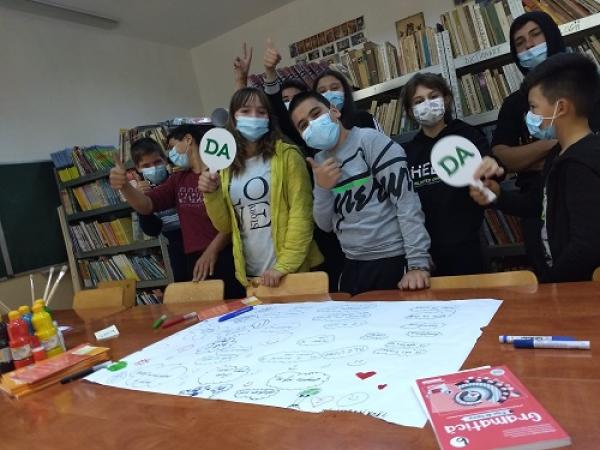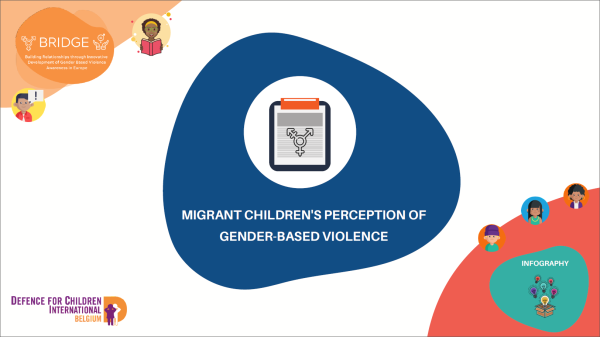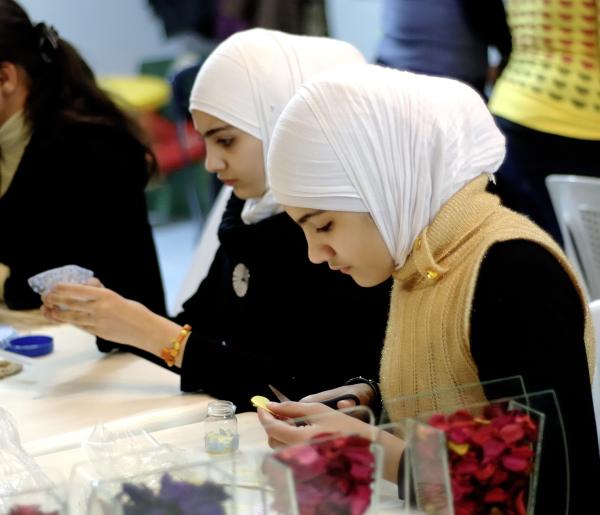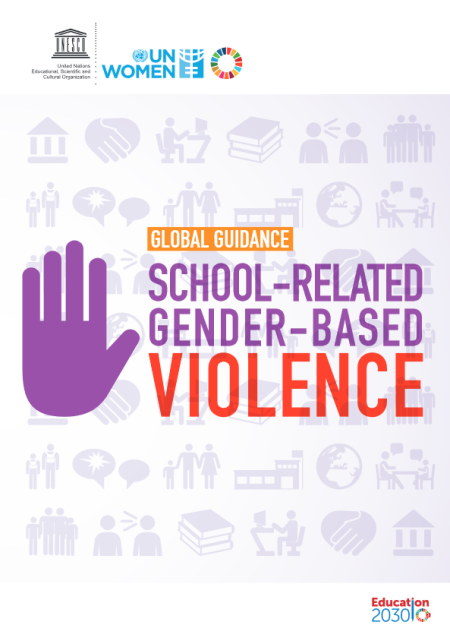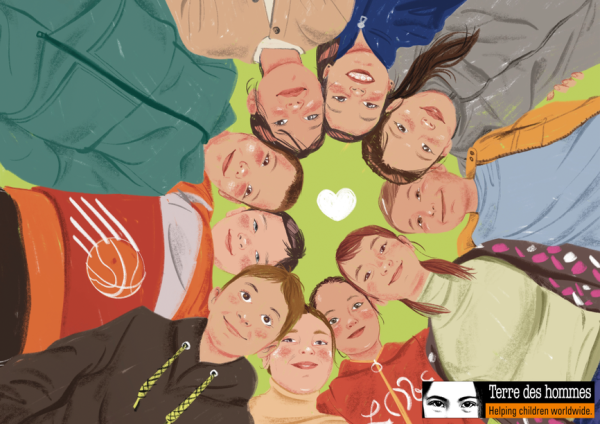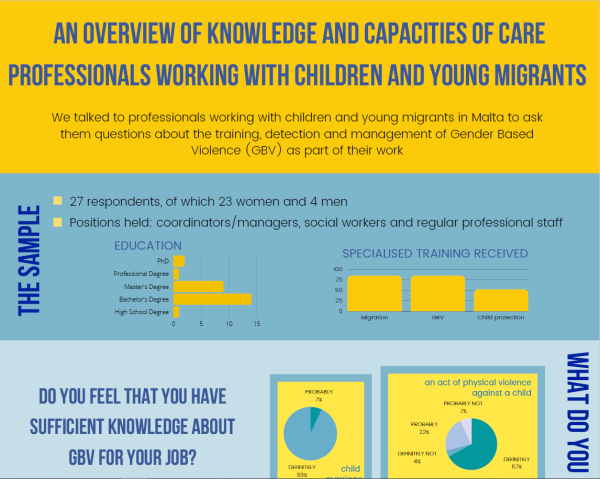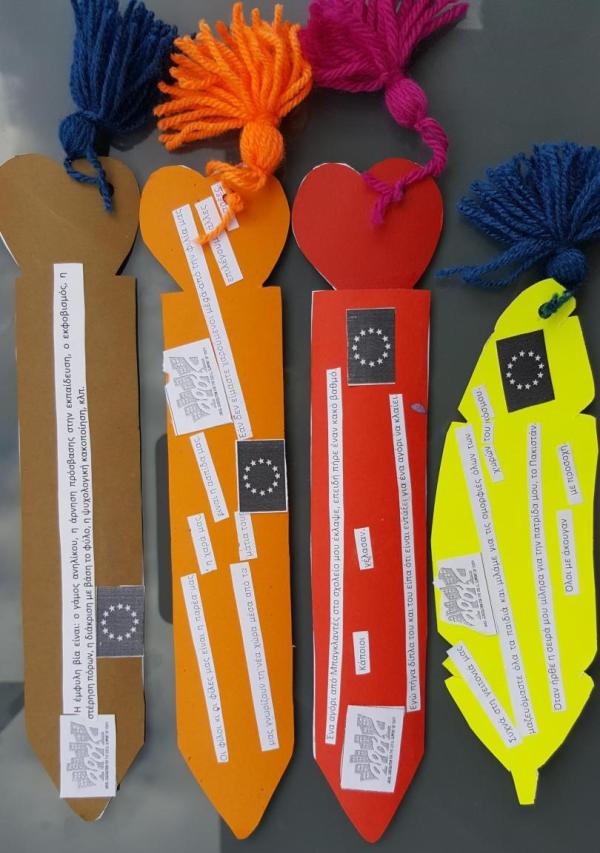
16 Days of Activism Against Gender-Based Violence is a campaign that seeks to put an end to gender-based violence (GBV) by supporting global and local efforts.
These are 10 ways men and boys can get involved to end Gender-based violence:
1. Create a Safe Environment for Children - Man can create a safe space at home by not misusing their power and strength. Violence against the intimate partner can create a cycle of violence and leave a lasting impact on the children.
2. Be Actively Involved in Raising Their Own Children - Fathers' active involvement in parenting right from infancy creates stronger bonds between the family members, as well as reduces men’s violence against women.
3. Stop Harmful Ideas of Toxic Masculinity - Emphasizing traits like strength, a lack of emotion, and dominance, can lead to behaviors like sexual aggression or control, suppressing emotions, and a tendency towards violence. Men should help their boys to dismiss misconceptions around “masculinity” and “manliness”.
4. Create a Safe Listening Space for Women - A woman sharing her story of violence is the first step in breaking the cycle of abuse. Men should listen and create a space for listening to these stories.
5. Support Women’s Organizations and Services Globally and in Your Community - Search for local organizations and consider how you can contribute, whether with your financial resources, time, services, social media promotion, or other means.
6. Understand & Practice Consent - Sexual activity without consent is sexual violence. Understand consent and its importance.
7. Stand Against Rape Culture - Examine your behavior- what you consume on social media and how you talk about women. Stop behavior that contributes to a society that humiliates and harms women and girls.
8. Start a Conversation - Normalize conversations about sex and sexual violence to break the stigmas around GBV.
9. Hold Each Other Accountable - Cal out when you see someone catcalling, making inappropriate sexual comments, giving unwanted sexual attention, sharing sexist jokes or otherwise demeaning women.
10. Join Global Citizen’s #16Days Challenge - You can join our #16Days Challenge by clicking here, and you’ll be able to take a simple action each day to help you learn more about women’s rights, bodily autonomy, and gender violence online.
You can find out more about supporting UN Women here.


